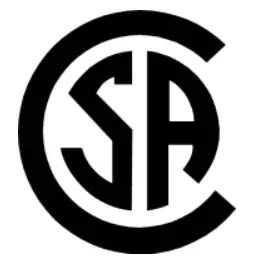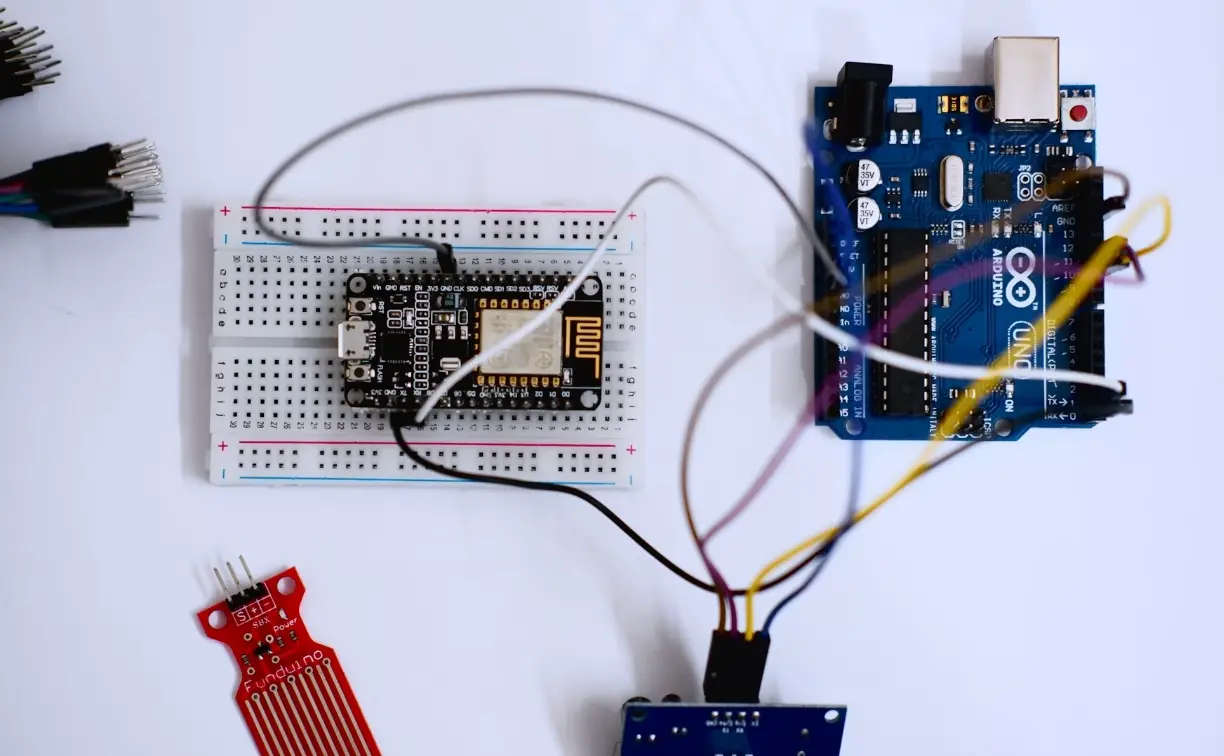
How Is Equipment CSA Approved?
Introduction to csa certification
CSA certification is issued by the Canadian Standards Association (CSA) to ensure that products meet safety standards in Canada and the United States. While CSA standards are generally voluntary, government regulations often reference them, making compliance mandatory.

This certification covers various industries, including machinery, building materials, electrical appliances, medical devices, and fire protection. It is particularly relevant for electronic and electrical products sold in North America. CSA certification is not only a mark of quality and safety but also enhances a product's market competitiveness.
Certification Scope
1. Household Appliances
Air conditioners, refrigerators, washing machines, water heaters, microwaves, rice cookers, air purifiers, vacuum cleaners, humidifiers, heaters, etc.
2. Lighting Fixtures
Streetlights, table lamps, chandeliers, energy-saving lamps, stage lights, decorative string lights, emergency lights, etc.
3. Power Tools
Drills, electric saws, grinders, nail guns, etc.
4. Broadcasting and Television Equipment
Speakers, DVD players, radios, televisions, projectors, etc.
5. Wires and Cables
Electronic wires, power cords, cable wires, etc.
6. Electronic Components
Plugs, switches, transformers, voltage regulators, capacitors, chargers, etc.
7. Plastics and Products
PVC, PE, PP, PC, ABS, insulating sleeves, sealants, etc.
8. Toys
Electronic toys, models, stuffed toys, plastic toys, etc.
9. Communication Products
Switches, telephones, wireless devices, GPS, communication cables, etc.
CSA Certification Process
1. Application Submission: Fill out the application form and provide product specifications and technical documents.
2. Fee Assessment: CSA evaluates certification costs and informs the applicant.
3. Product Testing: CSA or an authorized body conducts tests.
4. Factory Inspection: After passing product tests, CSA conducts factory audits.
5. Certificate Issuance: Upon successful evaluation, CSA issues the certification.
- Duration: Typically 4–6 weeks
- Validity: 3 years, with annual inspections required
CSA Certification Methods
- Model Certification: CSA directly tests and certifies product samples.
- Witnessed Manufacturer's Testing for Certification (WMTC): The manufacturer performs testing under CSA supervision.
- Supervised Manufacturer's Testing for Certification (SMTC): The manufacturer conducts tests independently, and CSA reviews the data.
- Category Program Certification (CPC): The manufacturer submits test results for CSA review and certification.
CSA On-Site Certification
- On-Site Certification: Applies to specific equipment, with CSA labels affixed to qualified products.
- Special Inspections (Canada):
- Electronic Healthcare Products: Tested according to CSA standards.
- Electronic Products: Evaluated per CSA SPE-1000.
- Gas Products: Assessed per CSA B149.3.
- Field Evaluations (United States):
- Conducted based on NEC, NFPA, and other U.S. safety standards.
Advantages of CSA Certification
1. Facilitates entry into the North American market by meeting local regulatory requirements.
2. Ensures product safety and enhances consumer trust.
3. Strengthens brand competitiveness and increases market recognition.
CSA certification is a crucial safety standard for entering the North American market, ensuring that products are compliant, safe, and reliable.
Email:hello@jjrlab.com
Write your message here and send it to us
 FCC Certification Fees for Handheld Fans
FCC Certification Fees for Handheld Fans
 FCC Certification Testing for Smart Lighting Produ
FCC Certification Testing for Smart Lighting Produ
 What is the ETSI EN 303 645 Testing Standard?
What is the ETSI EN 303 645 Testing Standard?
 UL Compliance and ETL Certification for LED Lighti
UL Compliance and ETL Certification for LED Lighti
 What is the IEC 60598 Standard?
What is the IEC 60598 Standard?
 What is the Canada IC Logo?
What is the Canada IC Logo?
 EMC Pre Compliance Testing
EMC Pre Compliance Testing
 PAHs Testing (Food and Textile)
PAHs Testing (Food and Textile)
Leave us a message
24-hour online customer service at any time to respond, so that you worry!




